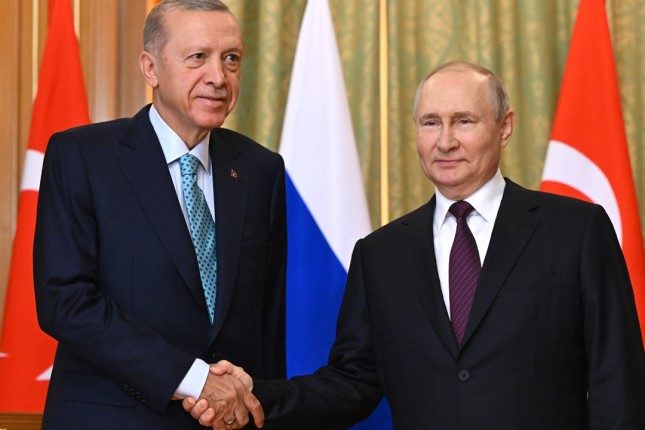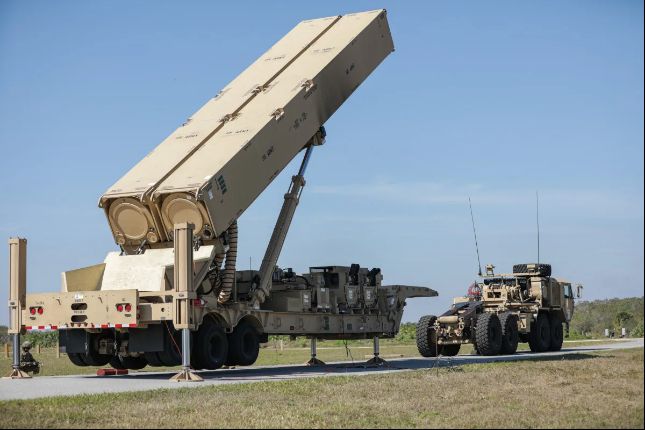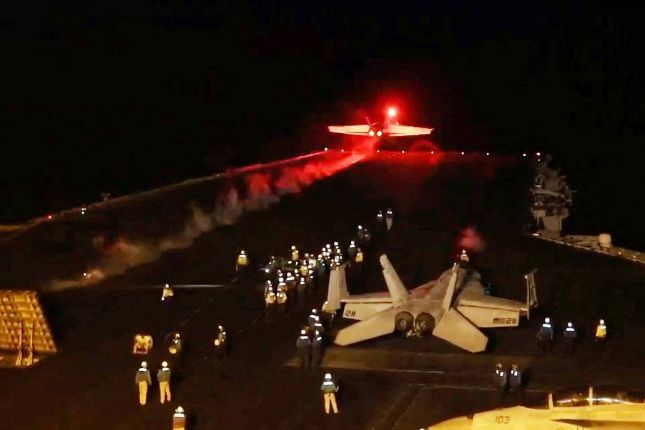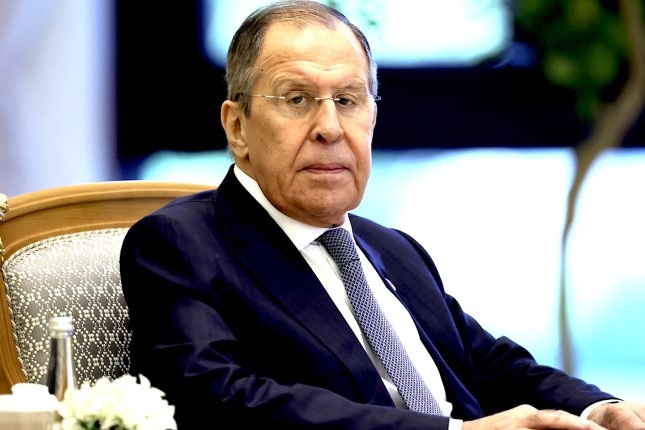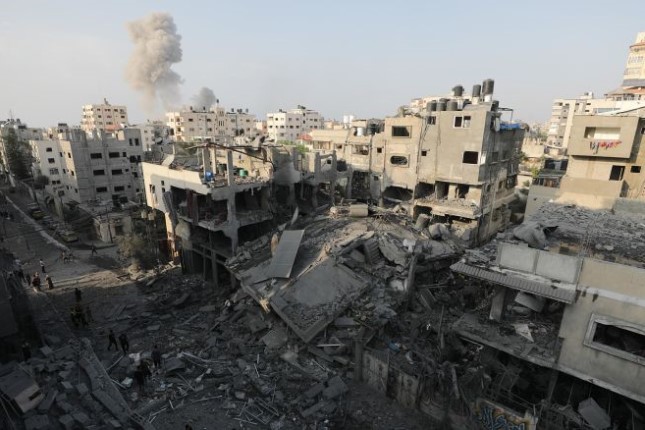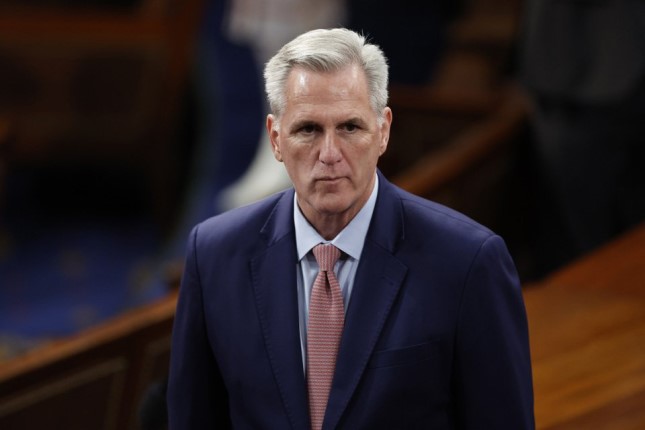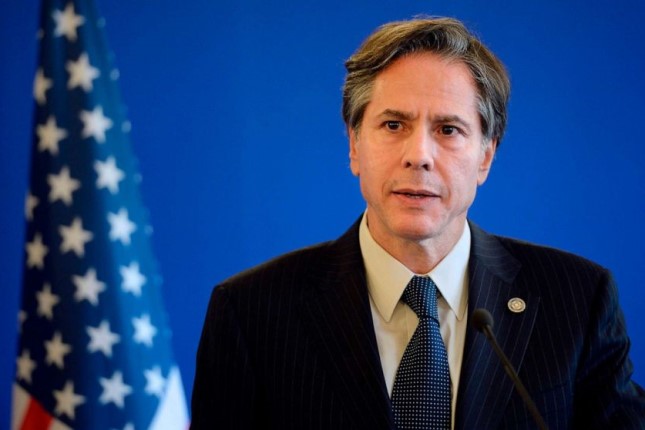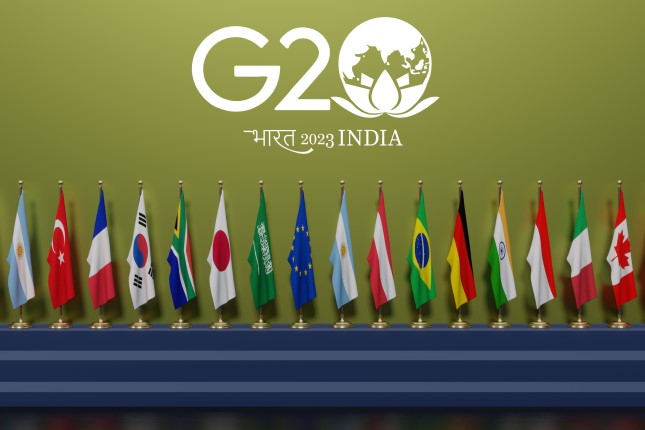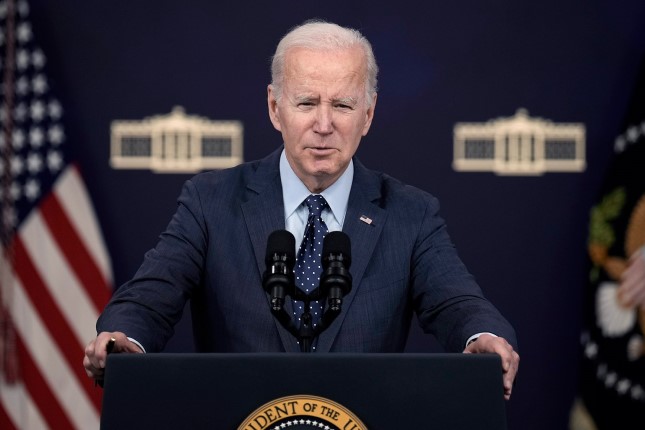The basis for the potential renewal of the Black Sea grain deal is that the US-led West cannot use this channel to send weapons to Ukraine. This is what Russia is most concerned about and it is also the most critical factor for the renewal of the agreement, analysts noted.
Erdogan's chief foreign policy and security advisor Akif Cagatay Kilic revealed on Sunday that Monday talks would focus on the agreement over agricultural exports from Black Sea ports and that Turkey is committed to reactivating the agreement.
Kilic acknowledged that many issues still need to be resolved in order to reactivate the agreement, especially regarding ensuring the trouble-free operation of Russian food exports and related international payment mechanisms.
Ukraine and Russia signed separate agreements in July 2022, one that reopened three of Ukraine's Black Sea ports that were blocked for months following the start of the Russia-Ukraine conflict. The other facilitated the movement of Russian food and fertilizer amid Western sanctions.
However, Ukraine used the safe grain corridor for military purposes, alleged Russian military expert Retired olonel Viktor Litovkin. "Some weapons had been supplied to Ukraine by Western countries even found managed to resell to the West, to Africa, to the Middle East," he added.
Russia was determined to terminate the deal in July as a parallel deal promising to remove obstacles to Russian exports of food and fertilizer had not been honored. Restrictions on shipping and insurance hampered its agricultural trade, according to the Russian side.
Both countries are major suppliers of wheat, barley, sunflower oil and other affordable food products that Africa, the Middle East and parts of Asia rely on. Ukraine is also a huge exporter of corn, and Russia of fertilizer - other critical parts of the food chain.
Interrupted shipments from Ukraine, known as the "breadbasket of the world," exacerbated a global food crisis and sent grain prices soaring worldwide.
The conclusion of the agreement on food transportation is not difficult in itself, but the question is how to monitor it in a way accepted by both sides, so as to ensure the transparency of the mechanism, Cui Heng, an assistant research fellow at the Center for Russian Studies of East China Normal University, told the Global Times on Monday.
It can be said that the success of grain transportation depends on whether the US-led West can show sincerity to abide by the agreement, including establishing a fair and effective third-party supervision mechanism to ensure that weapon shipments using the Black Sea grain deal will not occur again in the future, experts said.
In fact, the UN has prepared a new package of proposals that would provide a conducive environment for reviving the grain initiative, including the integration of a subsidiary of the Russian Agricultural Bank (Rosselkhozbank) into the SWIFT banking payments system and the release of frozen assets of Russian fertilizer companies in Europe, according to reports from Turkish media outlet Anadolu Agency on Sunday.
A source involved in the negotiations on the food agreement told Sputnik News Agency that Ankara has negotiated with the West on the re-access of the Russian Agricultural Bank to the SWIFT system, explaining that it is possible to revive the Black Sea grain deal if reliable guarantees are given.
Russia was unable to accept any international foreign exchange transfers after being removed from the SWIFT system, said Cui, adding that food purchases and sale agreements cannot be carried out by Russia in this case.
It is only expedient for Russia to return to the SWIFT system. In fact, it is negotiating with almost all countries in the Global South to establish independent payment systems, analysts said.
Experts stressed that Turkey has played a major role not only in reviving the Black Sea grain deal but also as a mediator in regional issues, which is directly related to its unique location and national identity.
Due to its location, Turkey guards the passage of the Black Sea, meaning that grain shipments must pass through its territory. Politically, Turkey is not only a member of NATO, but also maintains a relatively close relationship with Russia, and it has maintained neutrality in the Russia-Ukraine conflict.
Acting as a mediator between the two sides of the conflict not only gives Turkey some geopolitical influence but also it reaps the profits of food transshipments. But Turkey's influence is still limited, which means that Turkey is not fully able to change the goals of the other parties and its mediation may only be of limited use in this sense, experts remarked.
Photo: Russian President Vladimir Putin, right, and Turkish President Recep Tayyip Erdogan shake hands during a meeting at the Rus' sanatorium in the Black Sea resort of Sochi, Russia © VCG.
Source: The Global Times.
